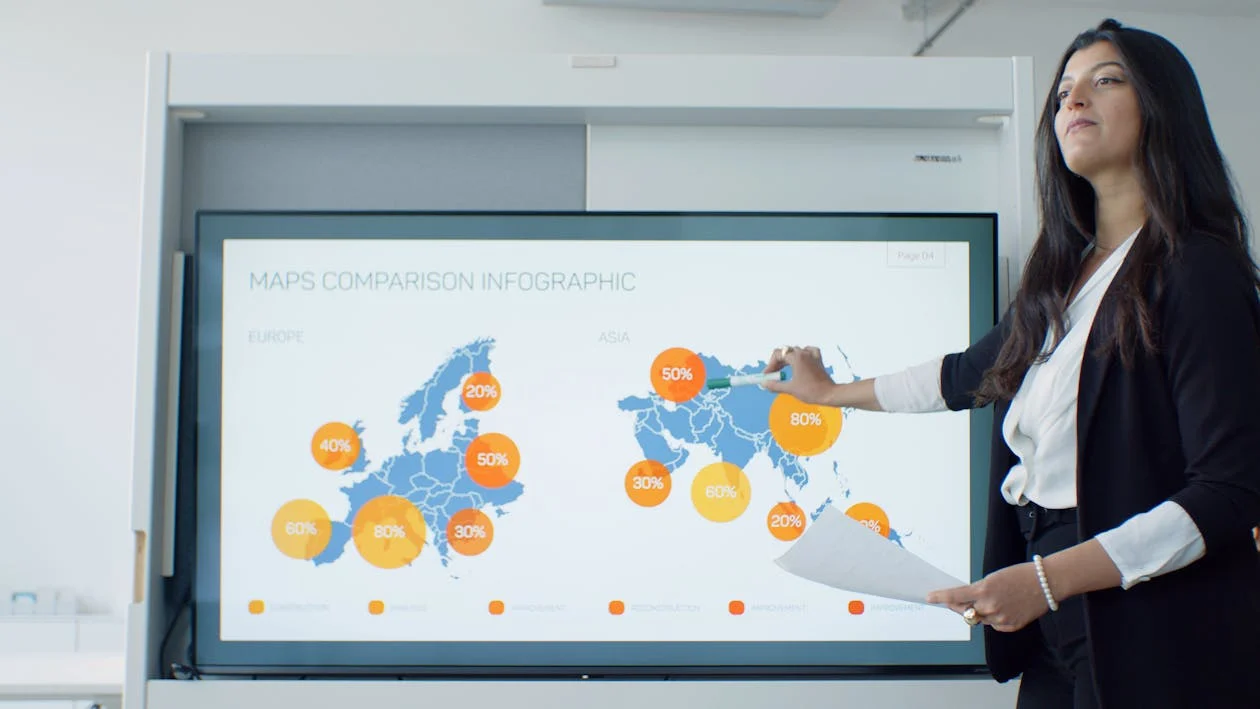An international trading company is a business entity that facilitates the exchange of goods and services across national borders. They play a pivotal role in the global economy, connecting businesses from different countries and cultures. By navigating the complex landscape of international markets, trade regulations, and customs compliance, international trading companies streamline the process of import-export and enable businesses to expand their reach.

What is an International trading company?
At its core, an international trading company acts as an intermediary between businesses in different countries. They handle various aspects of international trade, including sourcing products, arranging transportation, managing customs clearance, and providing financial services. These companies often specialize in specific industries or product categories, such as agriculture, manufacturing, or technology.
How does international trade work?
International trade is driven by the principle of comparative advantage, where countries specialize in producing goods or services that they can produce most efficiently. The process typically involves:
- Sourcing: Identifying reliable suppliers in foreign markets.
- Negotiation: Negotiating terms and conditions, such as pricing, payment terms, and delivery schedules.
- Shipping: Arranging for the transportation of goods, which may involve various modes of transport, including ocean, air, and land.
- Customs Clearance: Complying with customs regulations and paying tariffs and duties in the destination country.
- Payment: Facilitating payments through trade finance instruments like letters of credit or documentary collections.
- Logistics: Managing the entire supply chain, from procurement to delivery.
The top things to look for in an international trading company
When selecting an international trading company to partner with, consider the following:
- Expertise: The company should have in-depth knowledge of the specific industry and the target markets.
- Network: A strong and established network of suppliers and buyers worldwide.
- Financial Stability: A sound financial position to support international trade operations.
- Compliance: Strict adherence to trade regulations and customs compliance procedures.
- Risk Management: Effective strategies to mitigate risks associated with international trade, such as currency fluctuations and political instability.
- Technology: Utilization of advanced technology for efficient operations, such as supply chain management software and e-commerce platforms.
- Sustainability: Commitment to sustainable business practices and ethical sourcing.
Tips to set up an international trading company
Starting an international trading company requires careful planning and execution. Here are some key considerations:
- Market Research: Conduct thorough research to identify potential products, markets, and competitors.
- Business Plan: Develop a comprehensive business plan outlining your goals, strategies, and financial projections.
- Legal Structure: Choose a suitable legal structure and comply with relevant regulations in your home country and target markets.
- Networking: Build relationships with suppliers, buyers, and industry associations.
- Financing: Secure adequate funding to support your operations.
- Technology: Utilize technology to streamline operations and improve efficiency.
- Cultural Understanding: Develop a deep understanding of different cultures and business practices.
Challenges and opportunities in international trade
International trade offers numerous opportunities for businesses to expand their markets and increase revenue. However, it also presents significant challenges. Some of the common challenges include:
- Trade Barriers: Tariffs, quotas, and non-tariff barriers can restrict trade.
- Cultural Differences: Understanding and adapting to different cultural norms and business practices.
- Currency Fluctuations: Exchange rate fluctuations can impact profitability.
- Political Instability: Political events and conflicts can disrupt supply chains and create uncertainty.
- Logistics Complexity: Managing complex supply chains and ensuring timely delivery.
Despite these challenges, the global marketplace offers immense potential for growth. By understanding the dynamics of international trade and working with the right partners, businesses can overcome obstacles and achieve success.
International trading companies play a pivotal role in the global economy by facilitating the exchange of goods and services across borders. These companies must navigate a complex and ever-changing landscape, but the rewards can be significant. By carefully considering the factors outlined in this article, businesses can make informed decisions about entering the international market.
Recommendations
- Stay Informed: Stay updated on the latest trade policies, regulations, and market trends.
- Build Strong Relationships: Cultivate strong relationships with partners, suppliers, and customers.
- Embrace Technology: Leverage technology to improve efficiency and visibility in the supply chain.
- Consider Risk Management: Implement risk management strategies to mitigate potential risks.
- Seek Professional Advice: Consult with experts in international trade, such as customs brokers, freight forwarders, and international trade attorneys.
- Focus on Sustainability: Prioritize sustainable business practices and ethical sourcing.





